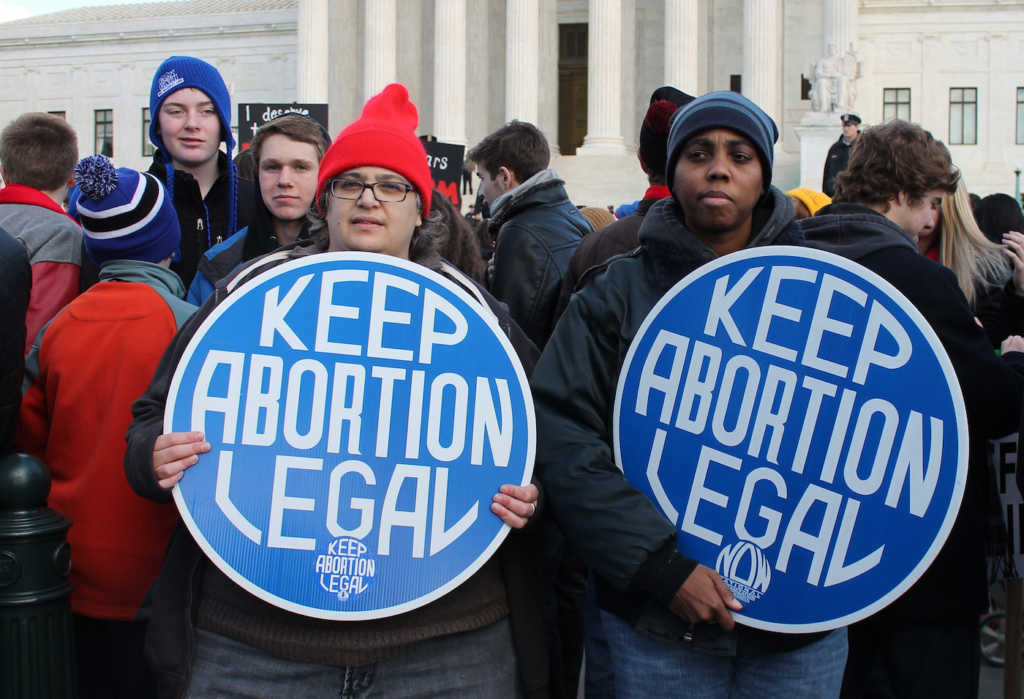The longer our collective society rests in a choice, the more natural — and even celebrated — it becomes. As the late American poet Robert Frost once famously wrote, “way leads on to way.” Such has been the case with abortion.
In an article published Wednesday, Salon writer Mary Elizabeth Williams continued the march, describing abortion as a benevolent good, as if its pervasiveness in America makes way for thriving families.
“Here’s a simple inconvenient truth opponents of choice don’t want to acknowledge — for a lot of women, abortion makes their future families possible,” Williams wrote. “My friend’s entire adult life, a life that includes three great kids, would be unimaginable without the abortions that have also been a part of it.”
At the outset of the editorial, though, the writer condemns the view often echoed by those within the pro-life camp that abortion is not a moral good but rather an immoral choice made out of “convenience.” But it seems convenience is for many the express purpose of abortion, even by Williams’ own definition.
The reason abortion, in her view, is good, is because for many women, the question of children is not if but when. It seems Williams understands abortion to be just another tool in the birth-control arsenal.
In fact, the Salon writer later owned up to such a view, concluding she wants her own daughters to have “access to birth control, morning after pills and abortion.”
Argentinian Doctors Insist They’re Willing to Go to Prison if Forced to Perform Abortions
“I get truly scary vitriol sent my way regularly,” Williams wrote, “but it really ramps up whenever I express the fact that I’m a mother who supports choice and who wants my teenage daughters to have the freedom to choose when and if they have children.”
At another point in Williams’ piece, she recalled when she participated in a clinical trial for late-stage cancer. Though she’s never had an abortion, Williams, a self-described Catholic, admitted she “would not have hesitated” to have an abortion if she became pregnant during that time.
“Any religious or political leader who would take that option from a woman, from a mother trying not to die so she can raise her children, honestly has no sense of how valuing life actually works,” she claimed.
But according to Catholic doctrine, steps to save the life of an at-risk mother can be taken even if they will result in the death of her unborn child. It should be noted, though, that such procedures must be aimed at protecting the mother, not terminating the pregnancy.
Section 2271 of the Catechism states, “Since the first century the Church has affirmed the moral evil of every procured abortion. This teaching has not changed and remains unchangeable. Direct abortion, that is to say, abortion willed either as an end or a means, is gravely contrary to the moral law.”
Just as Frost wrote, “way leads on to way” and until we decide to take the path “less traveled by,” it will only get worse.



